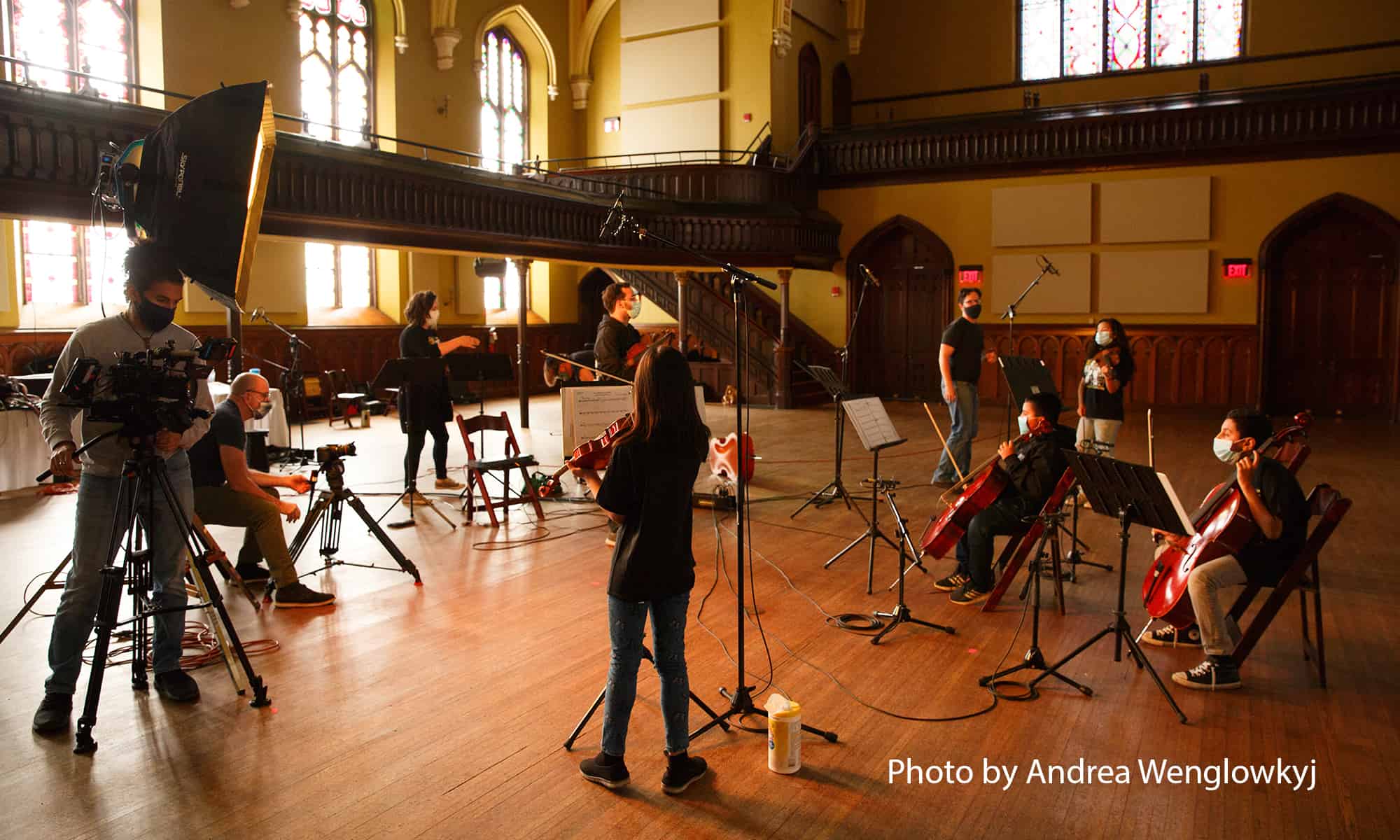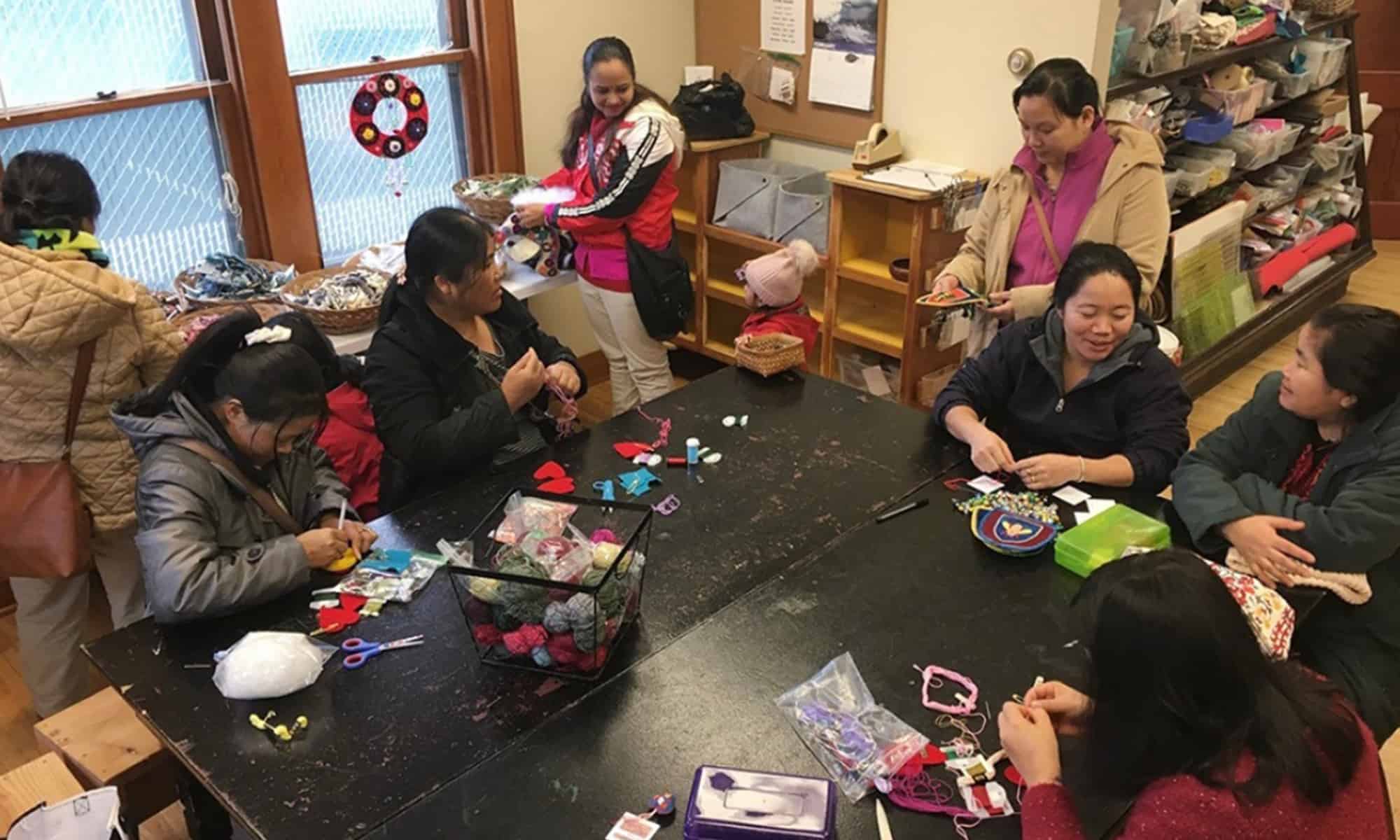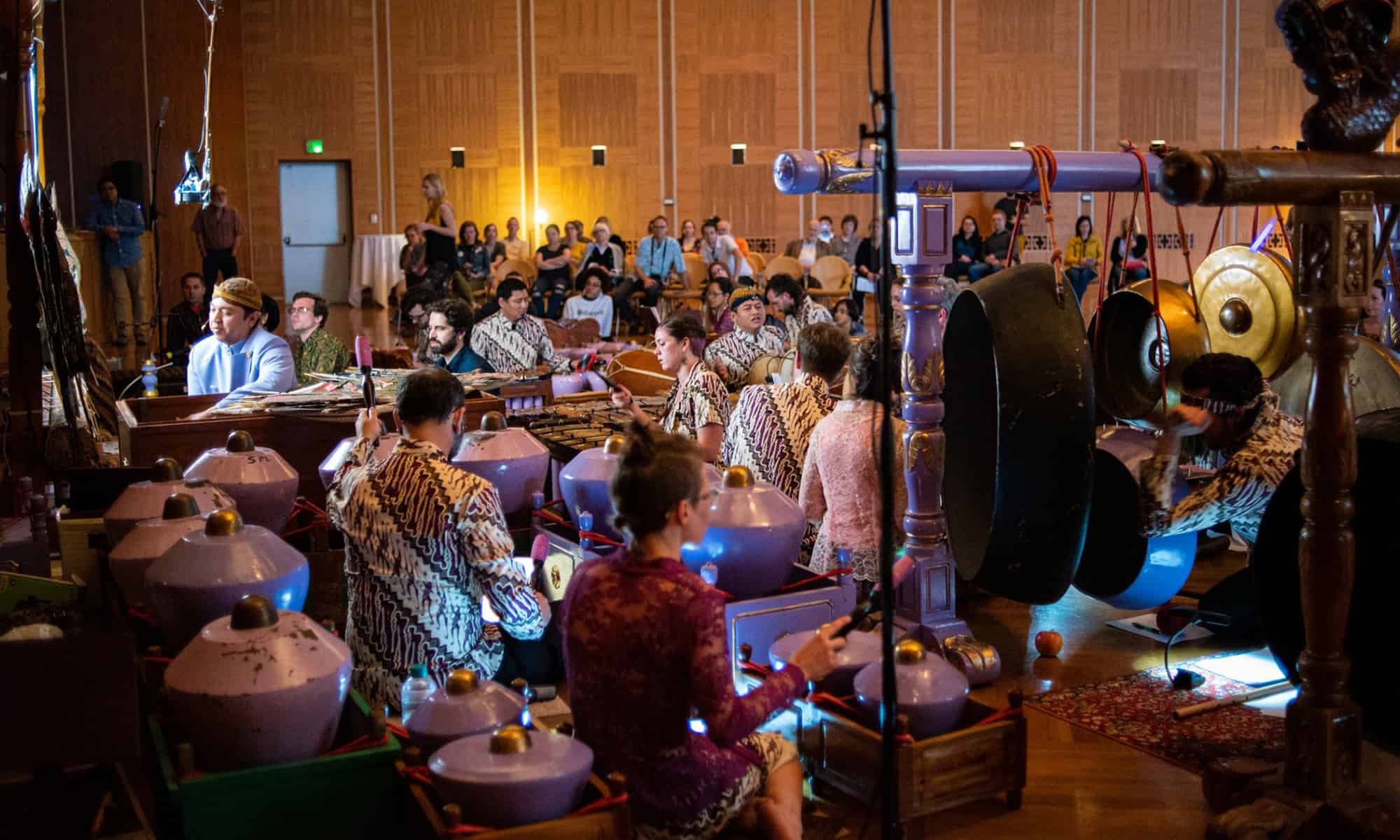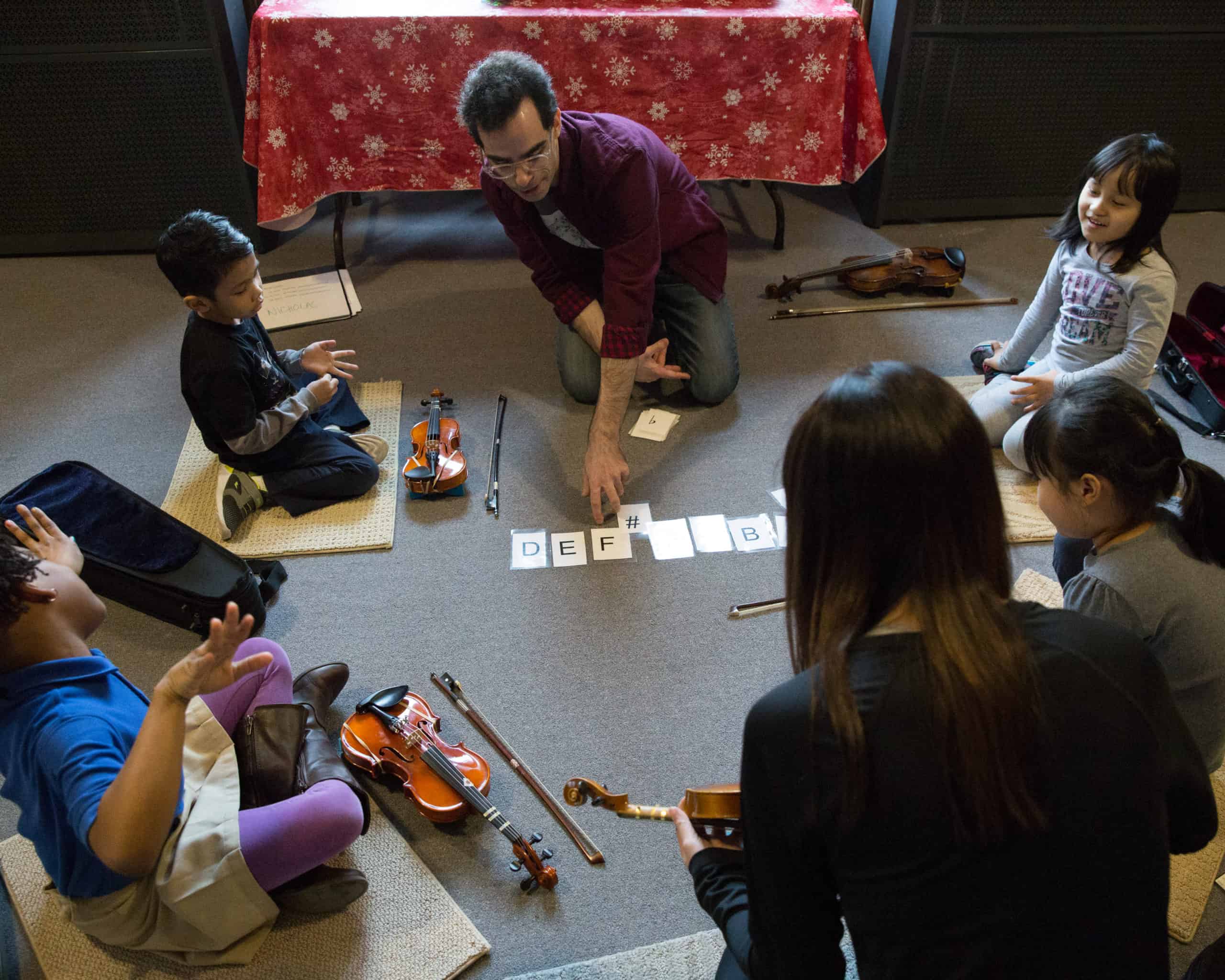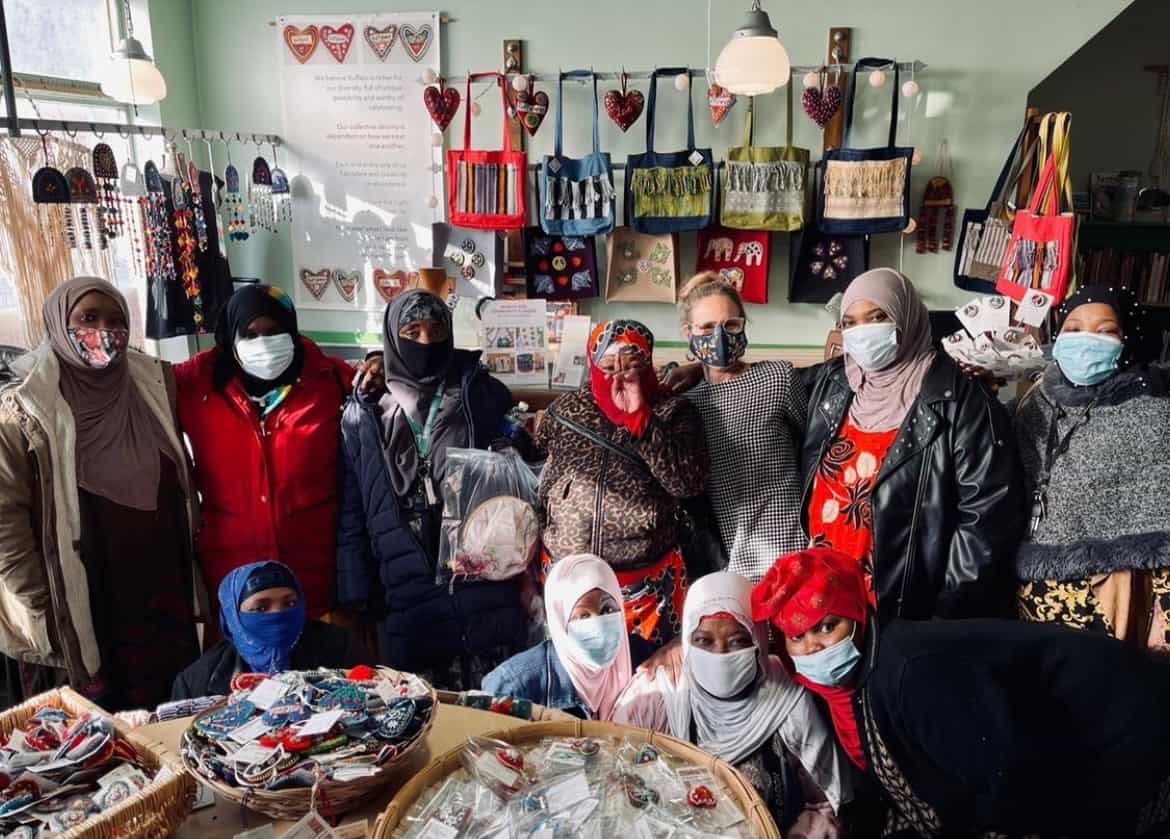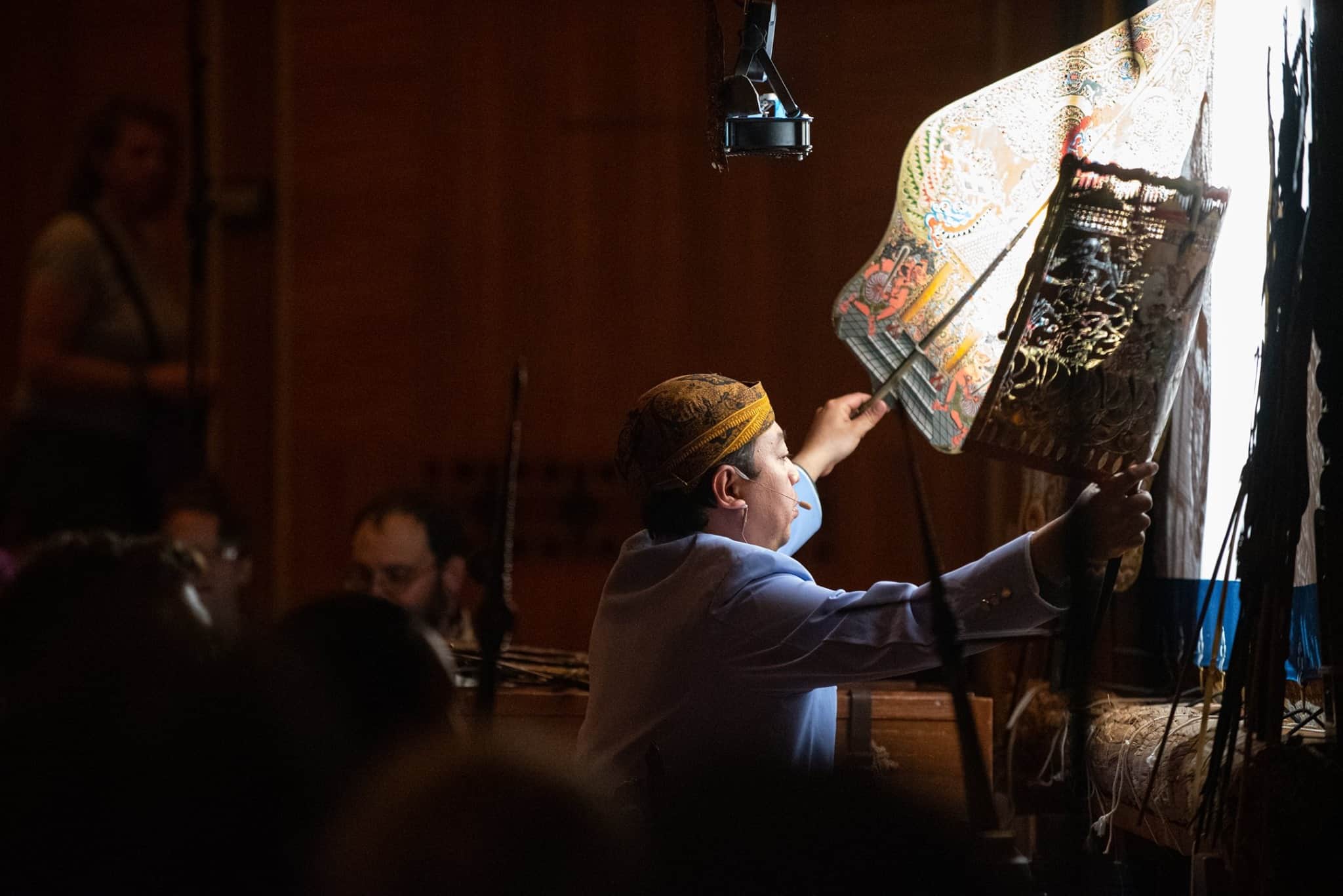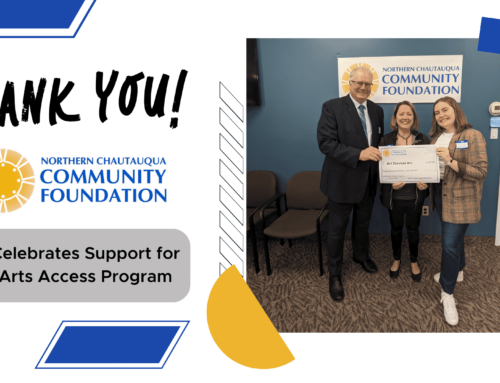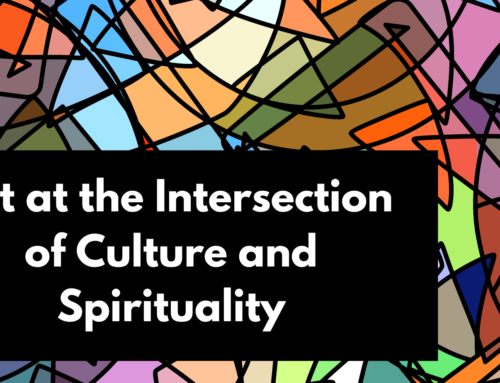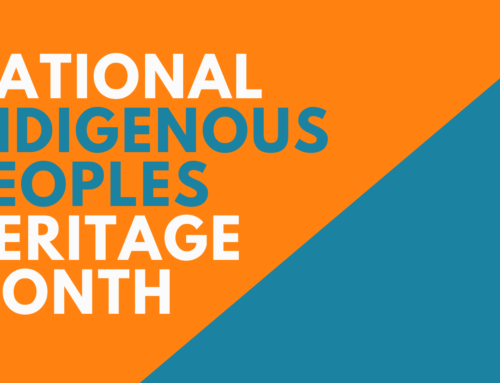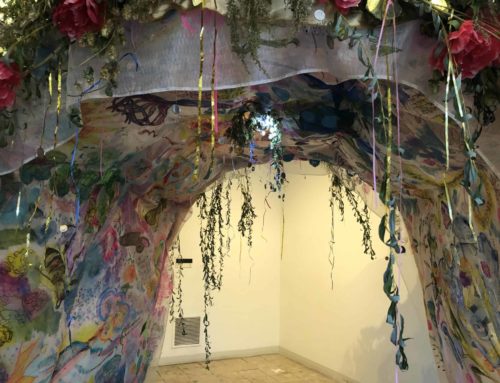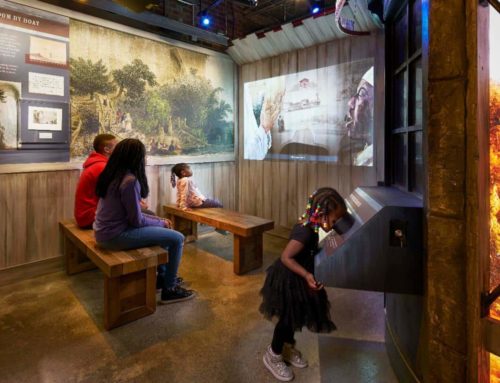By Tessa Pszonak, Jess Trainor, and Holly Grant
By definition, a community is a social unit united by a shared geographic location and/or commonality. In a region as diverse as Western New York, there are many arts and cultural organizations whose work provides this ‘community’ space for the immigrant, refugee, and newly arrived populations. This month, we wanted to feature a few of the organizations doing this very important work.
Yuki Numata Resnick, the Executive Director of Buffalo String Works, believes that music education can be a tool to build community. Buffalo String Works offers an afterschool program focused on the refugee/immigrant community and teaches their students to become leaders through music. The organization has continued to grow since 2014 and is working to expand the reach of the communities they’re serving.
Most recently, Buffalo String Works has started a student leadership program, where an older student is paired with a younger student to teach and mentor. The program is designed to train the older students to become teachers. Numata Resnick notes that the program has been a success, and both sides are benefitting from the experience. She cites a specific quiet student had recently become a mentor, and her students say she’s an incredible teacher with a great ability to teach advanced musical skills.
Numata Resnick explains that there are challenges with working with this community such as language barriers, but that they are moving toward thinking of it as a unique way to communicate with their families. They’ve begun to use translators more frequently, and have recently brought on a staff member that is fluent in Burmese.
In light of the COVID-19 pandemic, Buffalo String Works has been more cognizant of the mental health and wellness of their students coming out of the pandemic. They’ve seen that the middle school and high school students are struggling with the ramifications of the past year, including the stressors of being home for a full year and being unable to have social lives. Refugees and immigrant communities need mental health support in a very specific way to be culturally responsive. It’s important for organizations that want to serve these communities to understand the nuances and be aware of what the role of a nonprofit locally serving the community is.
You can learn more about their programs and how you can support their work by visiting their website here.
Dawn Hoeg, founder and Executive Director of Stitch Buffalo, started Stitch in 2014 with a background and passion in textile arts and teaching. She wanted to create a space for refugee and immigrant women to share their skills, as well as learn new skills in the textile arts through workshops. The workshops offer a creative space for refugee women and other members from the Buffalo community to get to know each other and build a community through textile arts.
The three programs that Stitch Buffalo focuses on are Refugee Women’s Workshops, Second Stitch, and Community Education. The Refugee Women’s Workshop provides women the opportunity to learn how to sew and create handcrafted goods and in turn, give back to the community by teaching others their skills. Second Stitch gives their leftover donated supplies at a discounted price to other artists in the community who might need them while keeping them out of the landfills. Community Education offers classes where refugee and immigrant women have the opportunity to teach and practice their English while meeting other members from the community by teaching sewing, embroidery, weaving, and more.
“At these classes, there is a lot of cross-cultural exchange going on that is really vital to this time of diversity and inclusion for all,” says Hoeg. These three programs have helped Stitch Buffalo become a sustainable organization.
When the COVID-19 pandemic shut down began in March of 2020, Palwasha, a woman from Afghanistan and seamstress at Stitch, was inspired to start making masks to help out her community. Stitch Buffalo took action and all of the women got involved. Hoeg went around the city to drop off supplies for the women to make masks at home, leading to the creation of over 10,000 masks. During this time, they also boosted their Etsy shop and sold DIY kits as an activity for people stuck at home.
Stitch Buffalo provides refugee women an inclusive space to create handcrafted goods such as clothing and macramé while gaining financial empowerment to make an income to provide for themselves and family. For more information on workshops and classes, you can visit their website here. You can also check out their array of handcrafted goods by visiting their shop located at 1215 Niagara Street in Buffalo.
Nusantara Arts is a nonprofit organization dedicated to Indonesian performance, including Gamelan music, dance, and shadow puppetry, as well as cultural education. Gamelan comes from the Indonesian island of Java and is the oldest continuously performed musical art forms in the world.
Nusantara’s Executive Director Matt Dunning created the organization as an informal performance group in 2016 to help the community get to know and engage with the art form. Traditionally, this art form could only be found in university settings. Nusantara Arts started primarily with the local Indonesian community and has since expanded to a diverse population from across Western New York.
Their community class program is held in their newly renovated space located on the west side of Buffalo. These twice-weekly rehearsals are open to any member of the community who wishes to play and learn this style of performance. Their practices are open and accessible to people with any level of musical experience. Experienced musicians are partnered with beginners to mentor and train them. From those who regularly attend the practice sessions, Nusantara selects a performance group who perform in the community.
Nusantara prides itself on presenting traditional performance experiences that emulate the actual experiences found in Indonesia. These performances include music, dance, and shadow puppetry, and often last 3-4 hours in length. They are currently working on COVID-safe performances in outdoor and community spaces this summer.
Nusantara recently raised nearly $40,000 to secure a new (to them) set of bronze instruments from Indonesia and a set of teak puppets from a puppetmaster also in Indonesia. These high quality performance pieces will expand their capacity and allow more authentic performances. It will also allow them to create an instrument loan library with their original set of instruments for musicians to borrow and practice with at home.
In addition to their in-person activities, Nusantara found success this past year through their virtual series of lectures and concerts. Originally designed to educate local audiences about the art form, they found international success and viewership, reaching 20,000 people with their digital series.
You can learn more about Nusantara Arts, their work, and how to join or support them on their website here.

